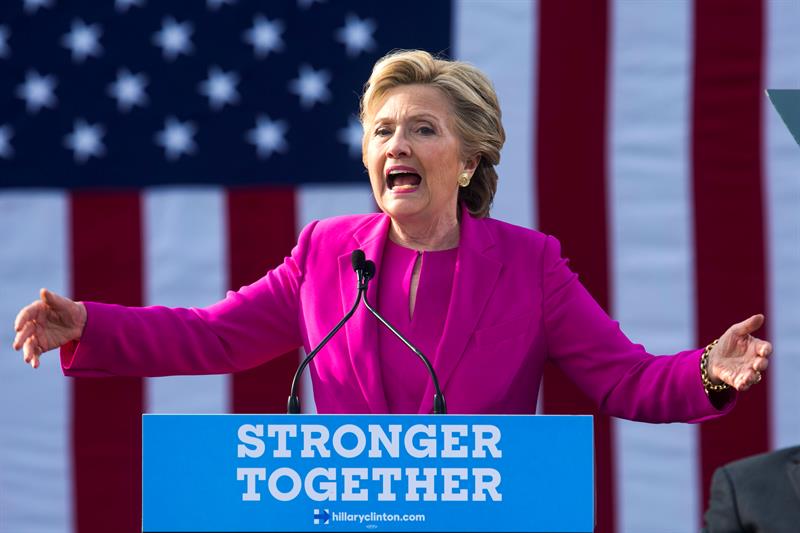Despite claiming that he has “no regrets,” FBI Director James Comey stated Wednesday to the Senate that he felt “mildly nauseous” about the possibility of him affecting the outcome of the presidential election.
Comey issued a letter to Congress just days before the election concerning Hillary Clinton’s use of a private e-mail server, adding that there were classified files involved in the case. Many assume that the letter was the reason Clinton lost. Besides weighing in on his influence over the election, Comey also reminded the public of the FBI’s ongoing investigation concerning communications between the Trump administration and Russian officials.

Comey is sure he handled things the right way
James B. Comey addressed the Senate Judiciary Committee, testifying on a routinary congressional hearing. During the session, he had to provide details about what was found concerning Clinton’s e-mail servers, as the case is seen by analysts and Clinton herself as the reason she was not elected.
He was confronted by Senator Diane Feinstein, who asked why was it necessary to announce the opening of an investigation concerning one of the presidential candidates less than two weeks before the election, as FBI investigations are not announced to the public with such flamboyance.

Just before Comey’s announcement, Clinton enjoyed an 81 percent chance of winning, according to FiveThirtyEight polls. After the statement, her opportunity dropped down to 65 percent.
The FBI Director defended his actions suggesting that, because some of the confidential e-mails were forwarded to third parties, Clinton may have acted with “bad intent,” which forced Comey to tell Congress. Feinstein questioned his decisions, and Comey responded that he had to take action, whether it was to speak openly or risk concealing information that could stop a potential criminal from being elected.
“Speak would be really bad. There’s an election in 11 days, lordy that would be really bad. Concealing in my view would be catastrophic. Not just to the FBI, but well beyond. And honestly, as between really bad and catastrophic, I said to my team we’ve got to walk into the world of really bad,” he stated.
Comey had previously stated that no reasonable prosecutor would judge Clinton with the current set of evidence, as there was no proof of criminal intent.
The U.S. Espionage Act reads that it is a felony to handle classified information carelessly, and Comey himself stated at some point that Clinton’s actions were “extremely careless.”
Back in 2016, Clinton commented on the result of the election, calling Comey’s letter groundless, baseless, and lethal for the campaign’s momentum. Her campaign analysts suggested that the letter helped tip the scales with populations that liked Trump’s promises of draining the swamp, as he kept calling the electoral system “rigged.”
Both Democrats and Republicans have attacked Comey for speaking in 2016, while President Trump praised him and called him “the best thing that ever happened to Hillary Clinton.”
Concerning future remarks, Comey assured that the agency wouldn’t be making more public statements unless it’s necessary and the investigation has concluded. He stated to be sure that the Clinton investigation was handled in the best way possible, seeing the state of affairs in which the investigation took place.
Source: The Washington Post
